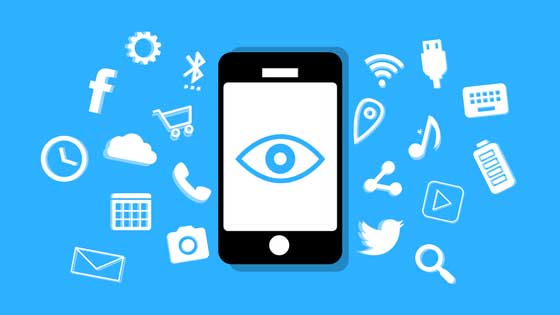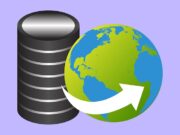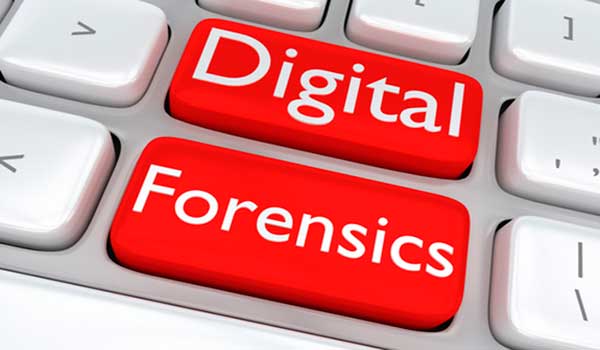With continuous technology advancements these days, people in the criminology and criminal justice industry have started to change the way they deal with things. Considering the number of online crimes such as stealing credit information and hacking some major networks, new career opportunities in the field of digital forensics come into play.
To have an in-depth understanding of what digital forensics is all about, here’s everything you need to know about it and why you should get one as a career.
Digital Forensics: Everything You Need To Know
Digital forensics, known as computer forensics, is a branch of forensic science that deals with the dissection of digital information and fact-finding of digital evidence found on electronic storage media devices. Below are some of the applications of digital forensics in the business industry:
- Identification – In the field of digital forensics, the process begins with identifying the data storage. Since almost all data is electronic, you can check whether the information is stored on the flash drives, network equipment, and the hard drives of the computers and servers.
- Preservation – When it comes to the admissibility of evidence in the courts of justice, preservation is the key. It means that any piece of electronic evidence should be intact and preserved under its original condition.
- Recovery – Another critical part of digital forensics is the recovery of deleted files from OS processes, password protected files, intentionally deleted files, and more importantly, corrupted files.
- Analysis – This application requires every professional to demonstrate all the expertise they have in the digital world. It’s about analyzing the artifacts gathered to come up with factual findings of the case involved.
- Presentation – This comes in after the examination is complete. During this stage, the professional will present their findings through a case report clearly and concisely.
If you think digital forensics can be the right program for you, some prestigious universities like the University of Alabama Birmingham can help you explore and understand the expanding world of the program you’d like to take up.
Digital Forensics: Skills and Certifications Required
Like other career opportunities, a person who wants to be a digital forensic science specialist should possess the necessary skills and certifications required for the job. Apart from having a bachelor’s degree in forensic or natural science, here are the things that you should look for a digital forensic expert:
- Computer skills – The person should have familiarity with how computers and computer programming work.
- Analytical skills – The person should know how to analyze and solve a problem based on the facts.
- Cyber security knowledge – The person should also have an idea on how to prevent and combat cyber crimes.
- Communication skills – The person should know how to communicate clearly with the team.
On the other hand, certifications are also necessary for pursuing a career in digital forensics. If you want to become an expert in this field after graduating, below are the certifications you should have from the get-go:
- Certified Computer Examiner
- Certified Forensic Computer Examiner
- Certified Forensic Analyst
- Certified Forensic Examiner
- Computer Hacking Forensic Investigator
- EnCase Data Certified Examiner
- Access Data Certified Examiner
Digital Forensics: Reasons To Get One as a Career
Digital forensics has been a growing industry nowadays. With more societies using computers for businesses, job avail-abilities and career opportunities are expected to thrive. Here are the reasons why you should get digital forensics as a career in the future:
- More job positions – Graduates of the digital forensics program can look forward to a wide array of job opportunities. After all, digital forensics is a field of science that’s not only rewarding but also in demand. For instance, public agencies and private industries may offer the following job positions to individuals with digital forensic concentration:
- Crime analyst
- Cybersecurity office
- Computer systems analyst
- Computer forensics investigator
- Digital forensic investigator
- Business intelligence analyst
- Homeland security professional
- Salary – Again, digital forensics is a thriving industry. As technology continues to advance, more people and businesses require the services of a digital forensic expert. For those who plan to work in public and government agencies, you may earn a salary of around US $50,000 per year. On the other hand, for people who prefer to serve investigative firms and public industries, the compensation may be significantly higher as work is offered on a contractual basis. Under this work setup, the earnings may range from US $200 to $400 per hour.
Conclusion
If you’re the kind of person who loves investigation and problem solving, a career in the field of digital forensics may be rewarding and stimulating. With the information mentioned in this article, you’ll figure out whether the program is worth all the time, money, and effort. Plus, you’ll get an idea if a digital forensic science degree will open the right career path for you.
































